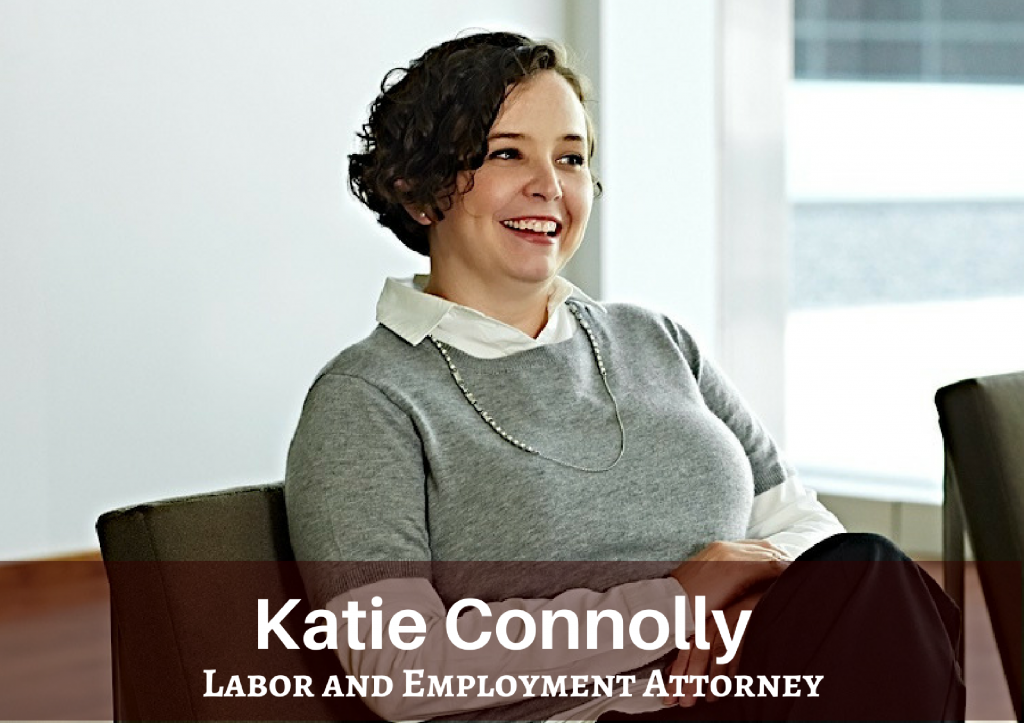
Posted March 28th, 2017 in Top Stories
MN Court of Appeals Emphasizes Guaranteed Benefit in Post-Employment Noncompetes
A recent Minnesota Court of Appeals decision reiterates the need for employers to provide a guaranteed benefit rather than an opportunity to receive a benefit in a post-employment restrictive covenant. In The Valspar Corp. v. Mueller, the Minnesota Court of Appeals affirmed that the employer was unlikely to prove that a Restricted Stock Unit (RSU) plan provided a “real advantage” in exchange for the employee’s agreement not to compete. Minnesota case law has historically held that for post-employment restrictive covenants (signed after an employee starts working), employers must provide separate consideration constituting a “real advantage.” However, “real advantage” has never been specifically defined by the courts, so employers have had to interpret what amounts to an advantage. Although the Court of Appeals did not rule-out RSU and stock-option plans as adequate considerations for post-employment restrictive covenants, this decision provides a good reminder that when employers ask an existing employee to sign an agreement with restrictive covenants, the likelihood of enforcement increases if employers offer the agreement in exchange for a guaranteed benefit—for example, an increase in pay, promotion, or bonus—rather than an opportunity to receive a benefit.
Katie Connolly routinely advises employers on pre- and post-employment restrictive covenants. She can be reached at 612.305.7546 or kconnolly@nilanjohnson.com.
